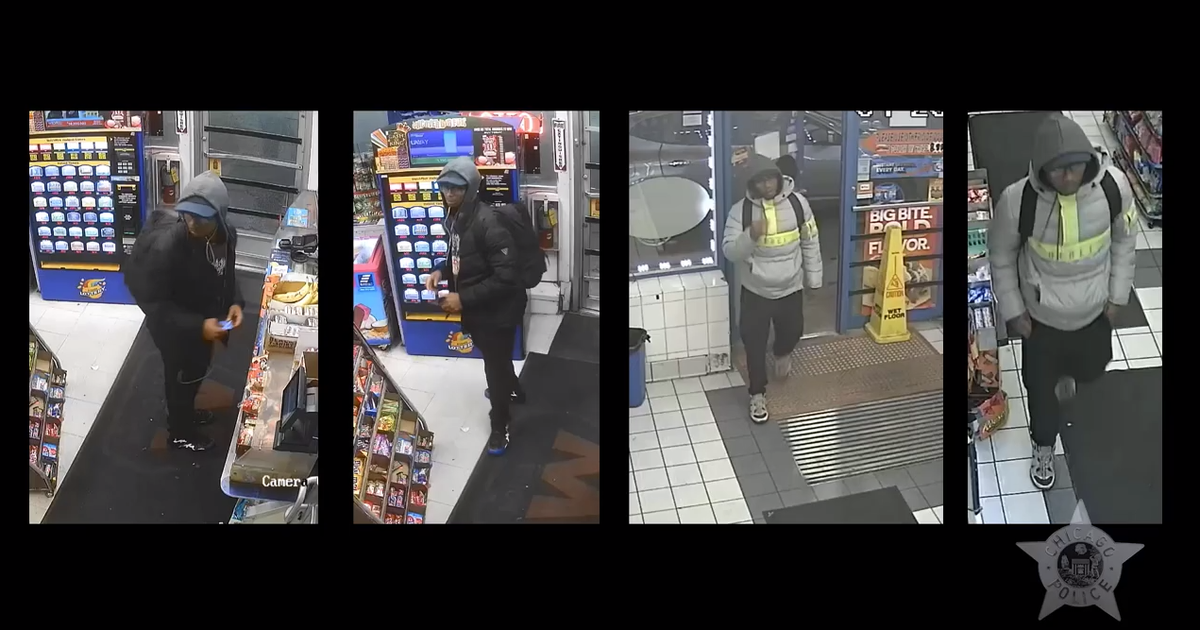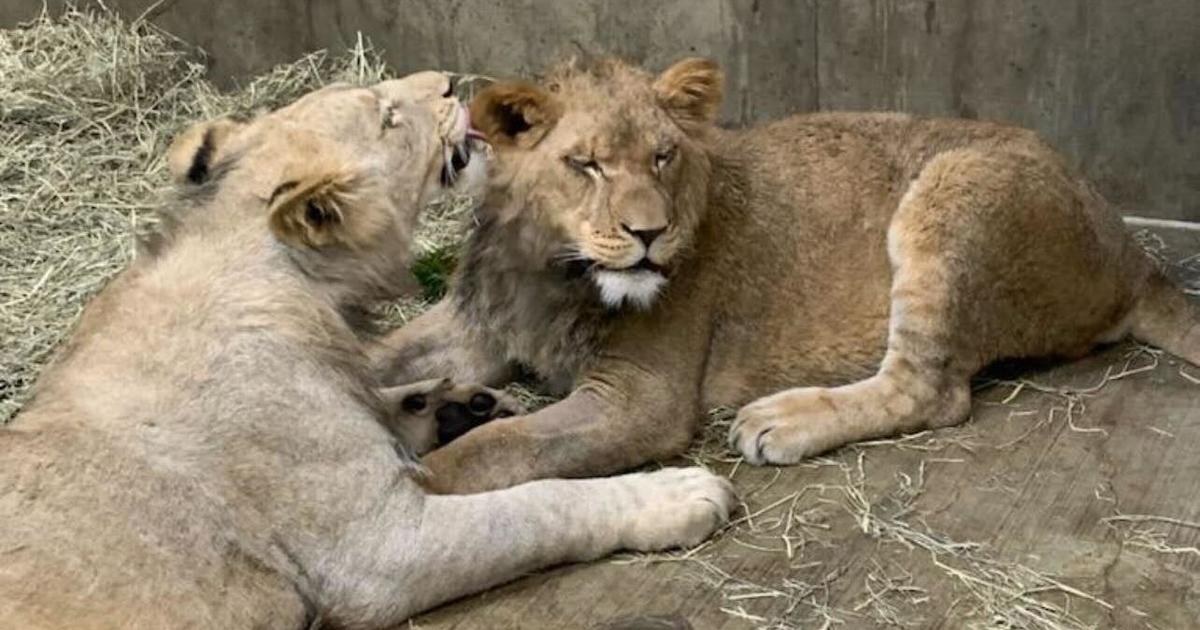Signs Of Progress As State Of Illinois Works To Bring Computers Into Present Day
CHICAGO (CBS) -- Back in August of last year, CBS 2 Investigator Dorothy Tucker told head Illinois state IT guru Ron Guerrier that she would be checking back in six months about rectifying issues with old state computers.
"I welcome it. Come in," Guerrier said at the time. "I love the challenge."
Those six months are up, and in a report on Thursday, Tucker followed up. She sat down with Guerrier, chief information officer from the state, for their second such meeting.
"The great thing about our last conversation is you were very fair on asking, well, why does this happen?" Guerrier said.
Tucker was asking about high-profile information technology issues like the Secretary of State's ability to issue driver's licenses, and computers shutting down and putting unemployment checks in jeopardy.
"We have systems that are 50 years old. We have systems that are 30 years old. And the one thing about technology – it does not age well," Guerrier said. "So we're starting to make those investments."
Last time he and Tucker talked, Guerrier talked about old green-screen monochrome computers. Tucker asked Guerrier this time if the state had gotten rid of MS-DOS and other older systems.
"We do still have a lot of the old systems, and they will remain, actually, for a couple of years to come," Guerrier said.
But Guerrier's office also sent us photos of some of the new equipment that is now up and running. Still, money, as always in Illinois, is a constraint.
Tucker asked Guerrier how much more money his department was requesting from the General Assembly.
"We are still looking through the funding," Guerrier said.
Guerrier's department is budgeted for $650 million a year. But he said they actually spend about half that - $300 million.
"My biggest challenge, Dorothy, is pace of change – moving quick enough, but not putting anyone at risk," Guerrier said.
Part of the change does not involve computers at all, but rather the culture inside the Thompson Center and the Illinois State Capitol.
For example, Guerrier told us last time that the chief information officers of the various state offices never met together in the same room. That has now changed, he said.
"After we talked, we actually had (a meeting) scheduled," Guerrier said.
Guerrier is also proud that state computers are now better connected, allowing the governor to see financial records in one place so as to better make decisions.
Guerrier is also expanding the availability of broadband for everyone, and increasing the diversity among suppliers.
"We've been busy," Guerrier said.
As far as tangible results, Guerrier points to the new equipment at the Illinois State Police Crime Lab.
"The technology is now enabling them to move quicker and faster," Guerrier said. "Some of the systems' problems were, for example, scanning information. It was a little hokey. It was a little old."
He continued: "Our hope is that things that take months go to weeks, and things that take weeks go to days, so that the crime scene investigator can hand it off to the investigators to continue on their investigations. We want technology to be an enabler, not an impediment.
Back to those high-profile outages – the real reason we met with Guerrier in the first place. Were those corrected, and can we be assured there won't be more problems?
"I noodled on it, and I would love to give the answer that we'll never have another issue, but we will," Guerrier said. "As of today in the State of Illinois, that one particular issue has been resolved. However, we're working on other things to make sure other issues in the future do not happen."
One has to appreciate his honesty.
Just in case there is another serious computer issue – which Guerrier said is inevitable – he took out cyber insurance for the state. Such insurance was not in place to protect us all before.



